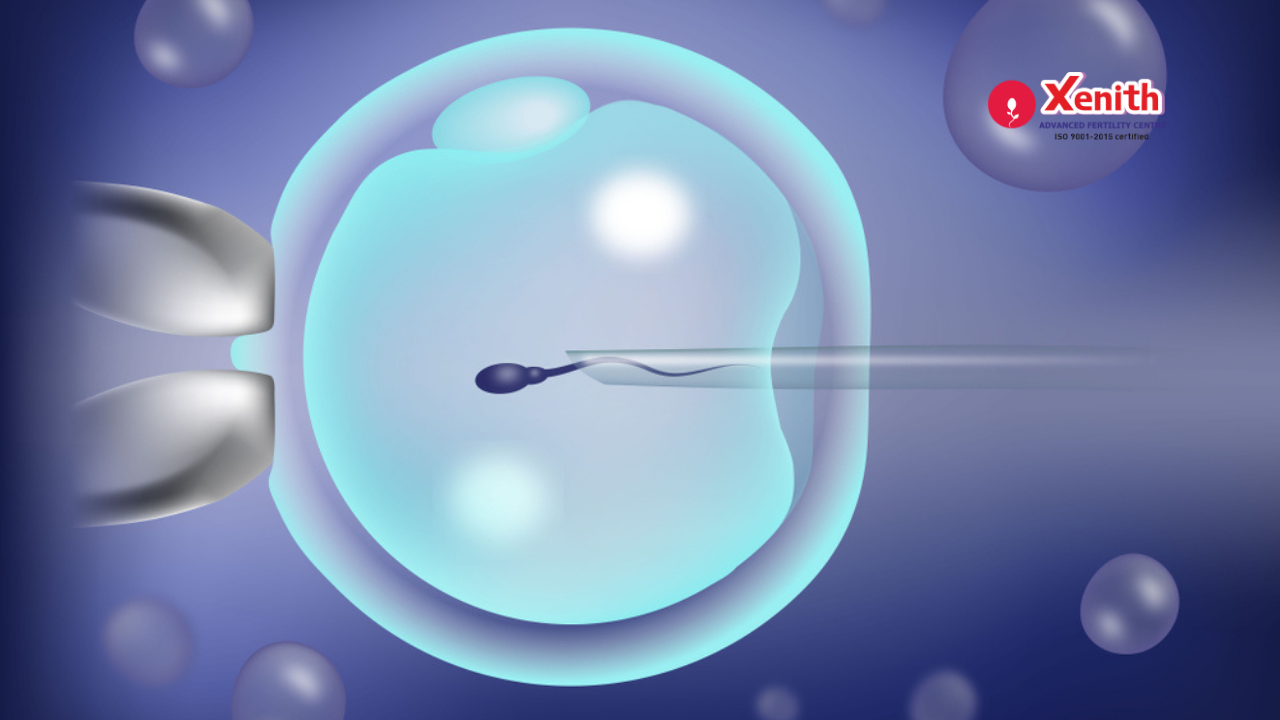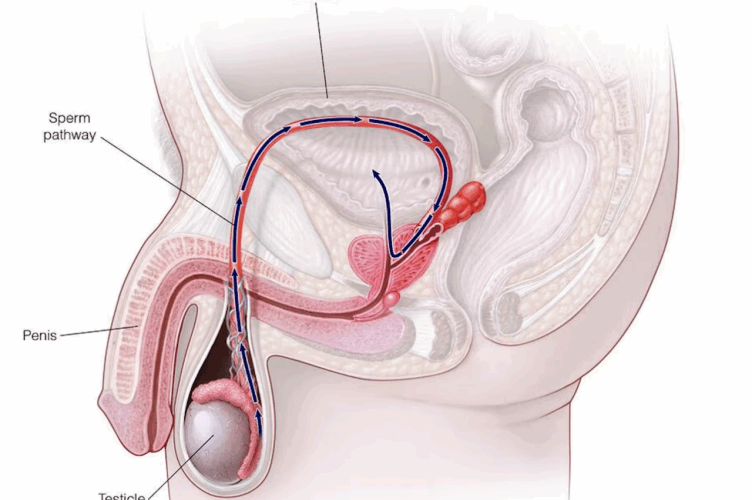For a sperm to fertilize an egg, the head of the sperm has to attach to the outside shell of the egg and push itself through to the inside of the egg called the cytoplasm where fertilization can finally take place. Due to various reasons like a very thick outside shell of the egg or the sperm aren’t able to move as well, Intracytoplasmic Sperm Injection (ICSI) with IVF can be carried out to aid in fertilization.
What is Intracytoplasmic Sperm Injection (ICSI)?
Intracytoplasmic Sperm Injection (ICSI) is a procedure often done in conjunction with In Vitro Fertilization (IVF) treatment and it has literally brought in new life, especially for men dealing with severe infertility. In ICSI a single sperm is loaded in an injection needle and injected into a single mature oocyte. So instead of the sperm piercing the egg and reaching it’s cytoplasm, it is injected into the egg thus enabling fertilization to happen even with extremely few or non-motile but viable sperms.
How is ICSI different from an IVF procedure?
In an IVF treatment, the egg is placed in a petri dish with lots of sperm after washing the semen sample hoping that one of the sperm will enter the egg and fertilize it on its own in a lab setting. However, in ICSI, a single sperm is injected directly into the egg to further aid in fertilization. Thus, it provides an opportunity for men with poor sperm quality to become a father.
When is ICSI recommended as a fertility treatment option?
- Men with severe male infertility issues- such as very low sperm count, very low motility (not much sperm movement), or morphology (abnormally shaped sperm).
- Azoospermia- no sperms in the semen sample, but when sperms can be obtained from the testis.
- Men who have had a vasectomy that is irreversible or if the duct through which the sperm passes is blocked. The sperm will have to be surgically extracted from the testicles.
- Men who have erectile issues or men who are paralyzed
- If using frozen sperm which are not of good quality
- Couples who have gone through many failed IVF cycles due to very poor fertilization rates
- If preimplantation genetic testing has to be done to screen the embryo genetically. It is thought that the presence of other sperm around the embryo can affect the test results.
- If frozen eggs are being used, sometimes the eggs shell can become hardened making it harder for the sperm to penetrate. ICSI can aid in this instance.
- If only a few eggs are available, each one should be given the best chance for fertilization.
The ICSI procedure
The IVF treatment and the ICSI is basically the same except for the difference in how the insemination occurs.
Stimulation: The woman will be given fertility medications to stimulate egg production and maturation so that more than one egg will mature. She will be monitored closely during this time via ultrasound and blood tests to find out exactly when the eggs will become mature.
Retrieval of Eggs and Sperm: When the eggs have matured, they will be retrieved using ultrasound and a fine needle for aspiration. At the same time, a semen sample also needs to be provided. The semen sample is then washed and the sperm are separated from the seminal fluid and the motile sperms are separated from the immotile ones. If indicated sperms are retrieved from the testis using microsurgical methods.
Insemination: Once the eggs and sperms are retrieved, the fertilization is done in a lab culture dish by injecting each mature egg with a single sperm, using a ICSI microscope. The sperms which have a normal shape and are fast-moving are selected for insemination by a trained embryologist.
Embryo formation: The inseminated eggs are then placed in an incubator which provides the best environment for the eggs to fertilize and form embryos. After about 24 hours, the eggs start showing signs of fertilization and it is closely monitored by the embryologist. It takes almost 3-5 days for the development of embryos. Note that not every inseminated egg will get fertilized even when the sperm itself is injected into the egg.
Embryo Transfer: The fertilized embryo is then transferred back to the uterus for implantation via a thin, flexible needle.
How safe is ICSI?
When an egg is fertilized naturally in the womb, it’s basically the survival of the fittest and the healthiest and best sperm tend to fertilize the eggs. However, with ICSI, the normal looking and viable sperm is sperm is chosen and used for the insemination. ICSI may lead to a marginal increase in risk of birth defects compared to natural conceptions, although the chances of fertilization are greatly improved. Sometimes genetic factors and the underlying causes of infertility can also affect successful pregnancy. Discuss the advantages and disadvantages of using ICSI for your specific circumstances with a fertility specialist. Know your risks, any side effects, and what the whole procedure entails. Speak to the IVF specialists at Xenith Advanced Fertility Centre if you would like more information about ICSI/IVF.




